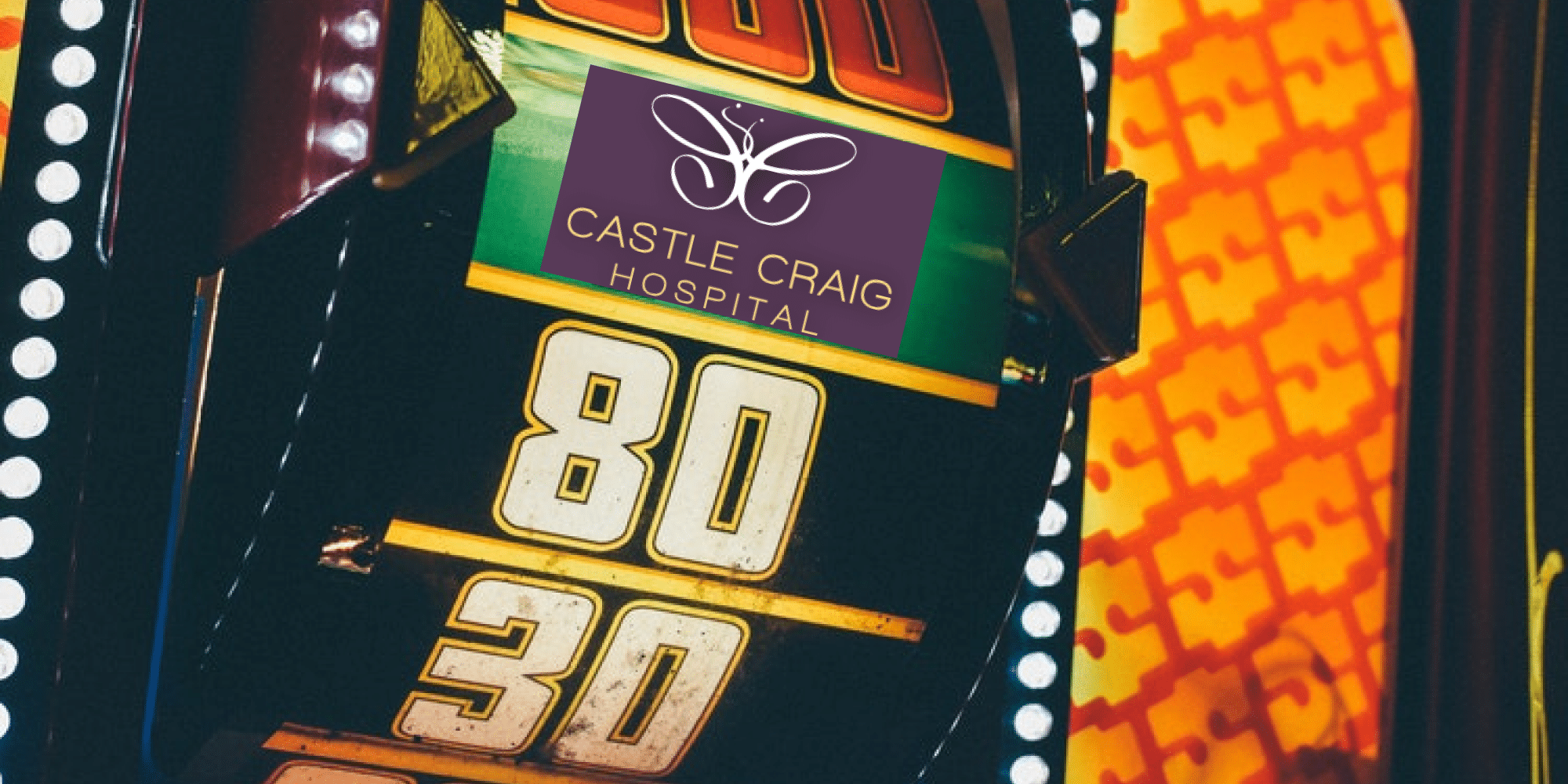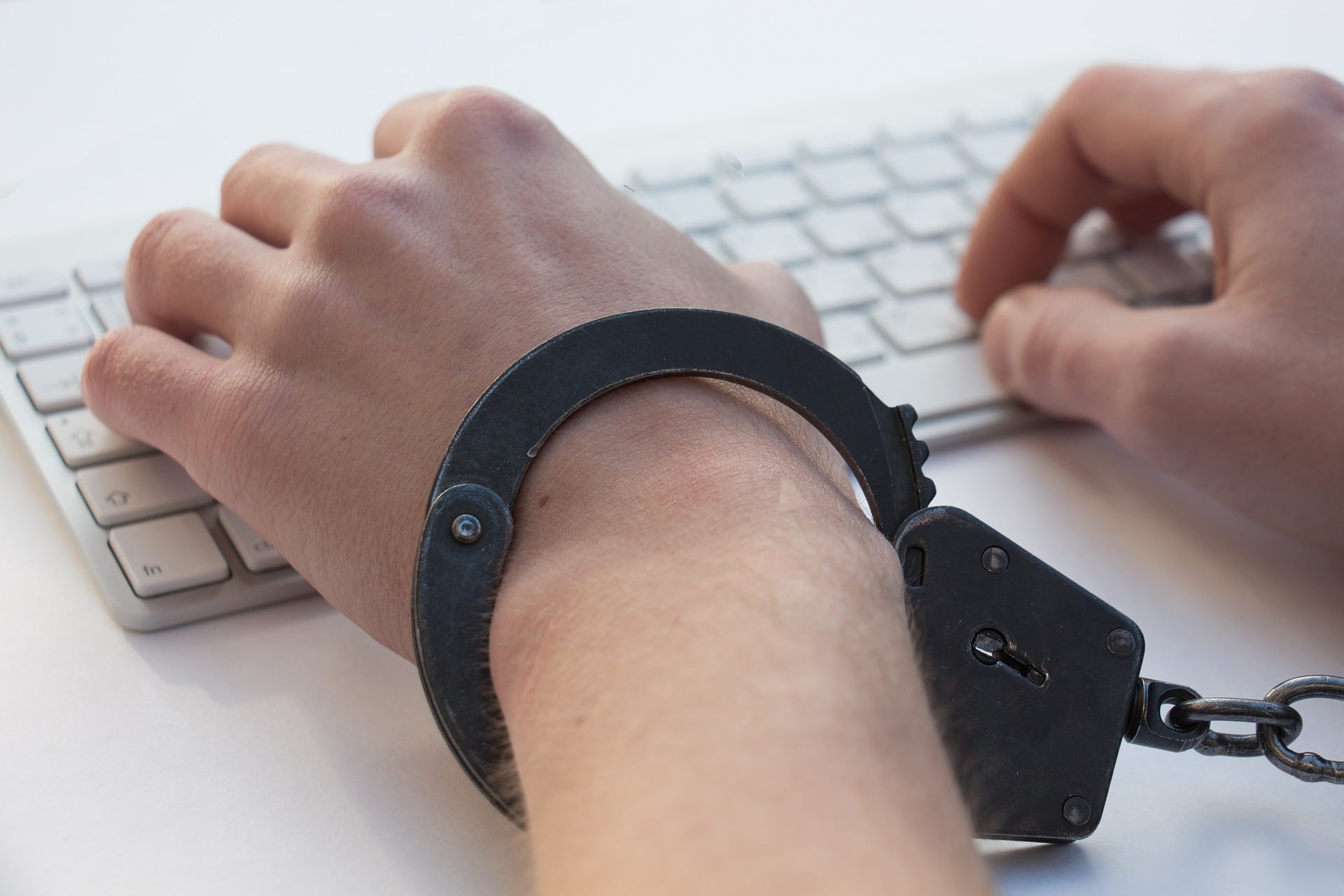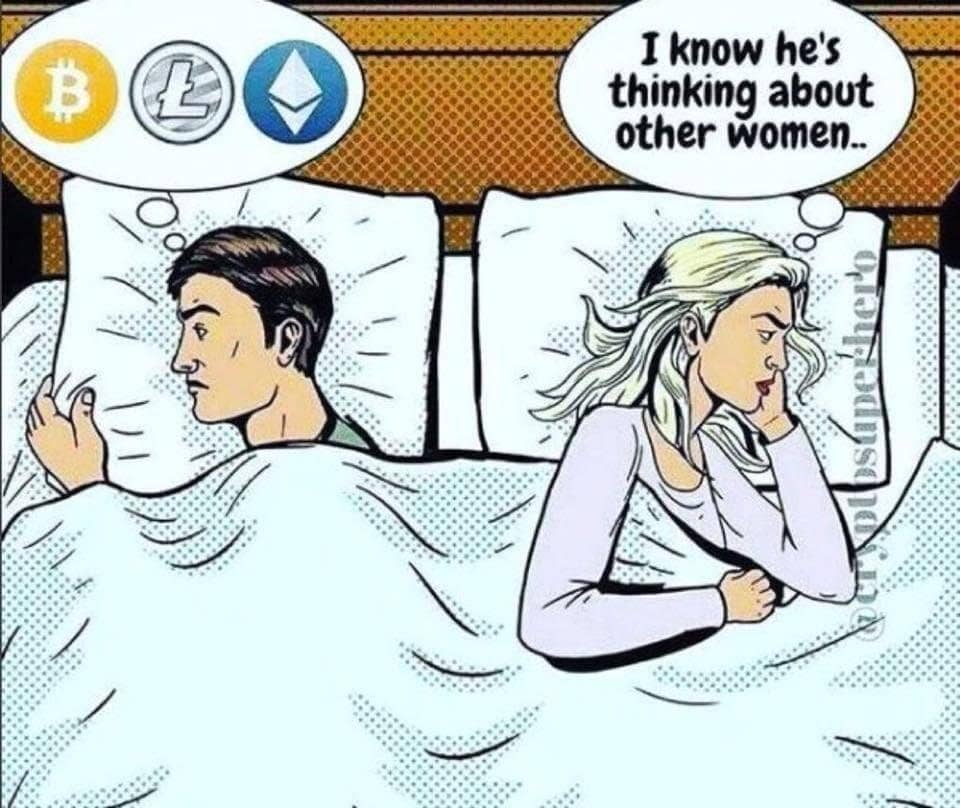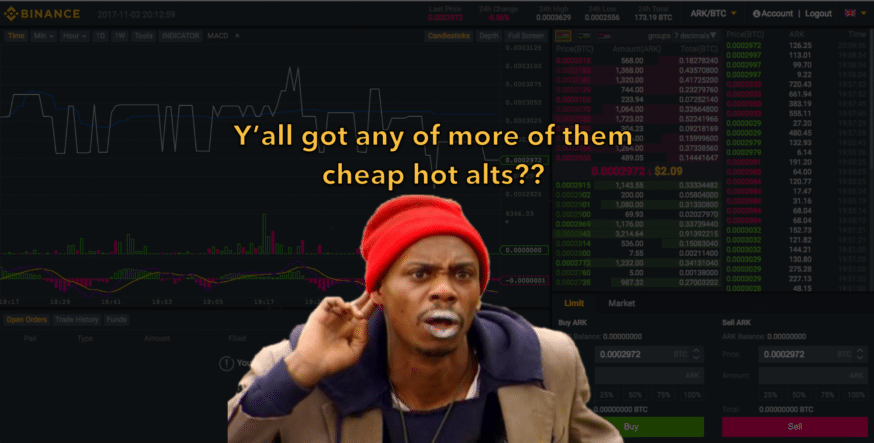A little over a month ago, the crypto community looked on with a twinge of amusement and cynicism as the first rehab center for cryptocurrency addicts opened its doors in the United Kingdom. But is there more to it than a shrewd Scottish hospital tapping into the latest craze? Is cryptocurrency addiction a real thing and, if so, how do you know if you have it?
We don’t have an exact idea of how many people around the world invest in crypto. According to a survey of US residents, the number was as low as 8 percent. But then again, 8 percent of 325 million is still a lot of people (26 million, I did the math). And that’s just one country.
Cryptocurrency addiction could therefore potentially affect hundreds of millions of people globally. And being such a high-risk industry, dabbling in the crypto markets provides a lot of the same adrenaline rush that compulsive gamblers seek.
Will this ICO turn out to be a scam? Will my wallet get hacked? What if I keep HODLing and the price continues to plummet?

Thrilling stuff. And the Castle Craig Hospital in Peeblesshire, Scotland, believes that cryptocurrency addiction needs to not only be called out, named and recognized, but treated as well. As a base for their program, they’re using the same techniques developed for compulsive gamblers.
“The high risk, fluctuating cryptocurrency market,” states gambling therapist at the hospital Chris Burn, “appeals to the problem gambler.” Submerging oneself in the cryptocurrency world also provides an excellent escape from reality. In fact, many insiders call it falling into the “rabbit hole.”
All of us are interested, maybe even hooked, but how do you know if this passion has spilled over into cryptocurrency addiction?
Signs of Cryptocurrency Addiction
First of all, a little disclaimer. The below obviously doesn’t apply if you work as a fulltime cryptocurrency trader, or it’s your job to watch the markets on a constant basis. We’re talking about regular folk with regular day jobs dabbling, investing and diversifying their investment portfolios here.
Since the world of ICOs, cryptocurrencies, blockchains, and HODLing is all so new, it may be hard to identify clear signs specific to this industry. But the common thread with cryptocurrency addiction is the same as alcohol, drugs, or gambling–addiction, in general.
If you your passive hobby is starting to take over your life, watch out for the following signs.
You Just Can’t Stop
While this is easier to assess with drug or alcohol consumption, one of the most obvious signs of addiction is that you can’t stop doing it. Even when it’s having detrimental effects on your life. While a rational brain may be able to say, “I’d better stop investing in ICOs since I have to pay my electricity bill this month,” an addicted brain is able to justify or reason a workaround.
If you have cryptocurrency addiction, you may be investing with money you don’t have or can’t stand to lose.

Your Social Life Starts to Suffer
Ever pass up on a children’s birthday party because you knew there wouldn’t be any beer? That might not make you an alcoholic. But if you keep rejecting social gatherings because you can’t partake in your addiction, it may be time to stop and think.
Missing out on a get-together because of waiting on an important airdrop or presale probably doesn’t qualify either. Unless you’re doing it all the time. If you stop going to things because they take you away from the screen or you can’t check the price of Cardano, you could have a cryptocurrency addiction.
You Get Withdrawal Signs If You Stop
Your partner has finally guilted you into going with them to the theater when you just wanted to stay at home. But as the curtains come up, all you can do is shuffle your feet. Cryptocurrency addiction may not produce shaking, sweating, and hallucinations. But you may feel anxious, worried, nervous, or battling with a serious case of FOMO.
If you really can’t take just a few hours off, you may have a cryptocurrency addiction.
You Start Trading in the Dark
According to the Mayo Clinic, a big giveaway that you have an addiction is when you try to do it in secret. Sneaking a bottle of vodka in your backpack or going outside for a crafty smoke. If you wake up and check your portfolio while your partner is sleeping, or your parents are watching a movie, maybe try to cut it down.

You’re Taking More Risks Than Usual
As your addiction grows, so does the level of risk you’re willing to take to get your fix. It’s easy when thinking in terms of substance addiction, but it can translate to cryptocurrency addiction as well. For example, are you borrowing money to invest? Or investing from a joint account without telling your partner? Are you investing with money you don’t have and taking bigger gambles each time?
According to a 2016 study on addicted brains, they actually become wired differently from non-addicted brains. The addicted brain has much less of a problem with taking risks than the non-addicted brain. You can actually convince yourself that what you’re doing isn’t problematic.
I’m Not a Cryptocurrency Addict
Denial is a river in Egypt. Or something like that. It’s also a major sign that you may be suffering a cryptocurrency addiction after all. If you find that you keep telling yourself or other people that you’re not addicted, it might just be that you are.
Final Thoughts
Cryptocurrency addiction may sound like a joke, and for most of us being just a little bit obsessed doesn’t pose a serious problem. But if you find yourself in any of the above situations or you’re starting to reprogram your life, it may be time to get some help.
[thrive_leads id=’5219′]







